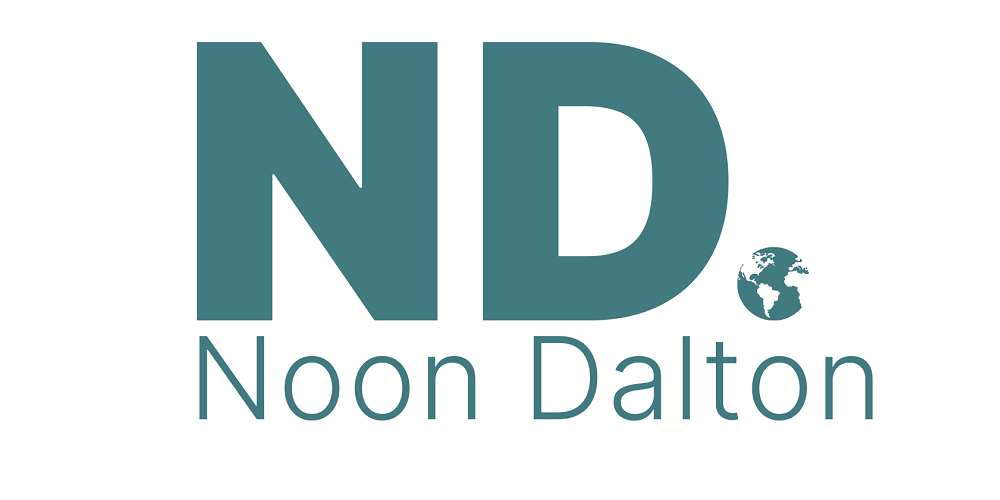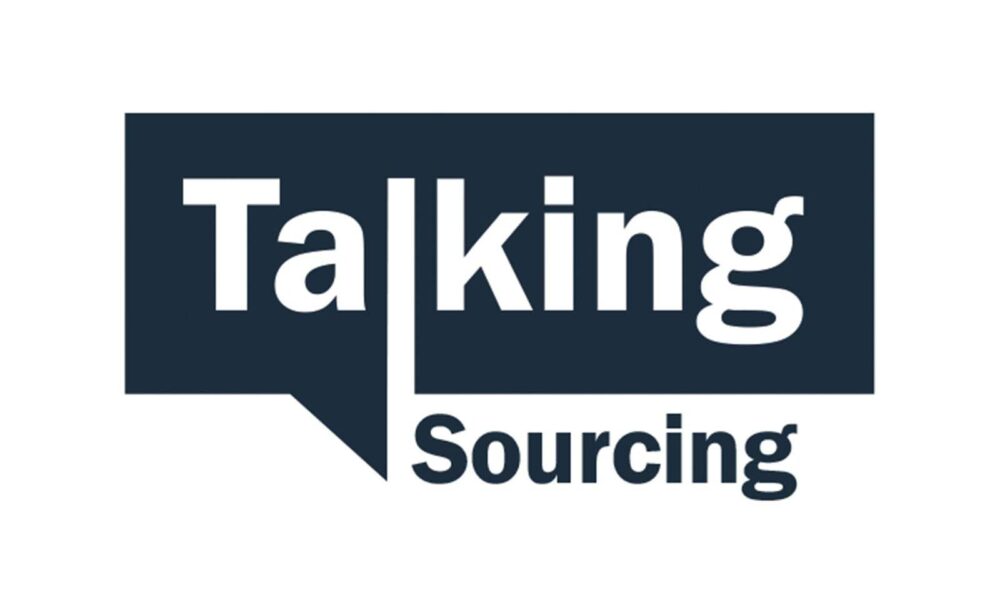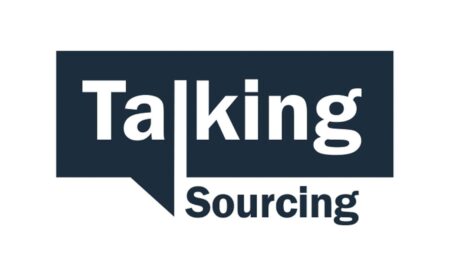One of our partners, IBA Group, celebrated their 30th birthday last year. It’s fascinating to learn what we can expect in technology in 2024 from the people who used to work with computers that occupied several floors of a building and who continue to be at the forefront of technology development.
The IBA Group CEO, Sergei Levteev sat down with Mark Hillary to discuss.
- IBA Group celebrated its 30th birthday in 2023. What is your highlight of the time that you have been running the business and why?
When we started more than 30 years ago, it was always disappointing to see how different the working conditions of our specialists were from the conditions in which their Western colleagues worked. This also applied to salaries, office environment, and social aspects. It took years to resolve this disparity. When, thanks to our efforts, Programmers Street appeared in Minsk and the IBA Group cluster was built there, I was thinking that these goals were achieved. Today, we have to spend our efforts on other problems and to set new goals. Most of our developers relocated to different countries in Eastern Europe. We switched to new technologies and expanded our service portfolio. This means that there will be new bright moments.
- IBA Group has a wide suite of services from cloud, AI, and data analytics through to support for mainframes. Does this broad array of services give you an advantage over the companies that only focus on a single service – like cloud companies for example?
Diversity ensures sustainability in the ever-changing business environment. This is true also about technologies and services. Unlike startups that have only one line of business and shut down as soon as this specific service is no longer in demand, we have been ongoing for more than three decades.
If you remember the computers and technologies we used in the 1990s, you understand that today we live in an entirely different world. In addition, it is a common situation when clients face not only one problem, but also a set of problems and we are able to offer multiple solutions to their challenges with the use of different technologies.
- AI was the tech topic of 2023 and IBA Group has deep experience helping companies with intelligent bots, computer vision, and document processing – all using AI. Have you found more clients are getting more serious about using AI in their business in 2024?
Because of the AI hype in 2023, clients are not just more serious about it. In some cases, they overestimate the current AI capabilities. This technology is not as all mighty as one might think. However, it is quite applicable in specific fields like image recognition, text processing, credit scoring, e-commerce, software support, and language translation. Our clients are getting more interested in robotics, machine learning, and AI. This is true.
- What are the main business applications for AI that you are seeing?
I believe that AI models will further evolve and become more powerful. However, even today the technology is widely used in different sectors and industries. In the customer support, AI helps personalize communication with customers and offer the services and products that any individual client is likely to use, thereby increasing customer satisfaction.
In the financial sector, the technology helps predict future changes through analysis of historical financial data, market trends, and economic indicators, enabling investors to make informed decisions about their investment portfolios. It is also applicable in risk assessment and fraud detection, ensuring security of financial organizations and their clients.
In the healthcare industry, AI serves to improve disease diagnosis and treatment recommendations. It helps predict disease outbreaks, allowing for proactive measures and optimized resource allocation. AI can quickly process X-rays, magnetic resonance imaging, and other medical imaging studies, accelerating the diagnostic process and improving patient care.
In manufacturing, the AI technology improves quality control. For example, automatic visual inspections on production lines detect defects, ensuring the delivery of high quality products, and hence increasing customer satisfaction.
We at IBA Group have our own solutions that embrace AI. Our Goods Checker transforms retail operations by automating the monitoring of product placement on store shelves.
We have also a solution that provides end-to-end AI-driven automation of different business processes. It is EasyRPA. This automation platform has built-in modules for classifying and extracting of information based on AI methods.
- Business Intelligence and Data Mining is an area closely linked to AI. Do you think that many companies have valuable data about their customers that they are just not exploring?
I agree that many companies have valuable data that they are not exploring. This is not because they don’t want to use the data. The problem is that the data is not ready to be explored. Using the best practices, we help our clients become familiar with their data and transform the data to valuable information.
- What kind of insights could these companies find within their lake of transaction and customer interaction data?
It depends on their business goals. A data lake that stores transaction and customer interaction data can offer customer behavior analysis, customer segmentation, and fraud detection, forecast future sales trends, predict customer churn or identify potential upselling opportunities. Another good example could be geospartial analysis, product development, and operational cost reduction.
- Is the cloud argument now won? Are there still any companies that insist on a private on-site data network or have we seen cloud based services become normal?
The pro-cloud argument has undeniably gained momentum, but it is too early to talk about an outright victory. While cloud-based services are widely spread, some companies still insist on maintaining private, on-site data networks.
The reasons for this are various. Many organizations have stringent data security requirements that make them store sensitive information in their own controlled environments. Additionally, certain industries, such as healthcare and finance, are bound by regulatory constraints that keep them from using public cloud solutions.
As a result, the concept of a hybrid cloud has emerged as a powerful compromise. We at IBA Group have our own cloud platform ICDC.IO, which enables our customers to blend the best of both approaches. They can harness the flexibility, scalability, and innovation of public clouds while maintaining on-premise infrastructure for mission-critical or compliance-sensitive workloads.
Although cloud-based services have become the norm for many, the cloud argument has not yet won. Rather, it has been evolving towards a more balanced coexistence of private and public cloud solutions, tailored to the unique needs of each organization. This hybrid approach allows businesses to enjoy the benefits of a cloud and preserve control over certain aspects of their data networks.
- Which are the industries that you think will be using IT to innovate in 2024? Finance and banking is possibly the most obvious, but are there others to watch for?
Practically, all industries will be using IT to innovate in 2024. Otherwise, they will not be competitive. IT is already a matter of survival.
- Have you seen issues such as IT security change since the pandemic – and if so then what has changed?
The pandemic forced many of us to look at security issues in a new way. The companies that were not related to IT, had to transfer their business online, and thus became more vulnerable to cyberattacks. As remote work infrastructure did not have the same level of security as the office environment, businesses had to invest in network security to prevent unauthorized access, data breaches, and malware infections. Therefore, the pandemic gave momentum to the development of security technologies.
In addition, AI brought more security risks and new types of cyberattacks. To be protected from the multifaceted threats to AI, companies need to implement comprehensive security measures and strategies. We at IBA Group have a skilled team that excels not only in AI protection but also in providing a range of cyber security services. These include helping with secure development, testing for security vulnerabilities, checking for security risks, training employees in security, and many other aspects.
- What is coming up in 2024 for IBA Group? Do you have any interesting projects or a change of focus coming soon?
The recent developments required a major restructuring of our company. Most of our actions were forced by the requirements of both regulators and our customers. It was difficult to think about a strategy when we had to make operational decisions every day. In 2024, we already have the opportunity to work more on improving our services, developing our project offices and customer service centers.
We have new interesting clients in all the topics we discuss here. Despite leaving the markets of Russia and Belarus, the geography of our projects has expanded significantly. So this is not about a change of focus of our work, but about improving our work in new conditions.











